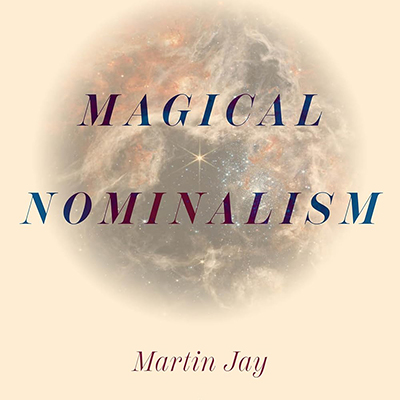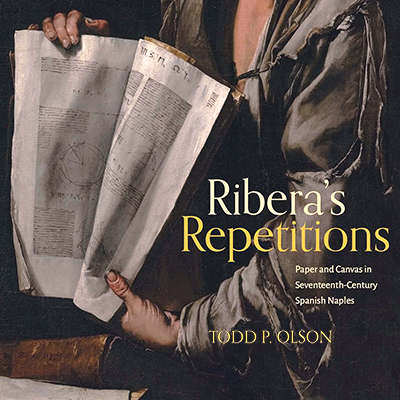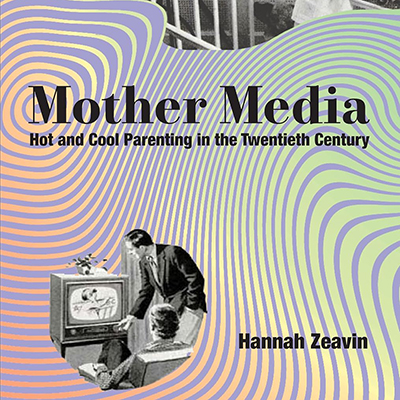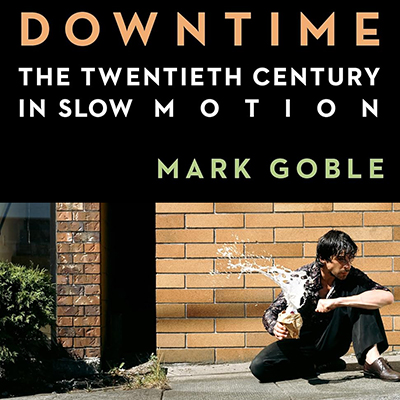
Magical Nominalism: The Historical Event, Aesthetic Reenchantment, and the Photograph
In his examination of the history of nominalism — the philosophical idea that general concepts do not exist as real entities in the world, but merely as labels we apply to individual things that share similar characteristics — Martin Jay (History) focuses on the long-standing tension between two versions of the concept: “conventional” and “magical” nominalism.
Magical Nominalism (Chicago, 2025) argues that, beginning with medieval philosopher William of Ockham's pioneering work, the conventional form of nominalism has contributed to the disenchantment of the world: if general terms are viewed as nothing more than mere names we use to group together particular objects, then conventional nominalism rejects the idea that these terms could refer to a further, higher reality.
Magical nominalism, on the other hand, draws upon Jewish theology to perform a reenchanting function — by investing proper names, disruptive events, and singular objects with an auratic power of their own.
Exploring fundamental debates over the relationship between language, thought, and reality, Jay illuminates connections across thinkers, disciplines, and vast realms of human experience. Ranging from theology and philosophy of history to aesthetics and political theory, Jay's book engages with a range of artists and thinkers, including Adorno, Barthes, Benjamin, Derrida, Duchamp, Foucault, and Lyotard. Ultimately, Magical Nominalism offers a strikingly original way of understanding humanity’s intellectual path to modernity.
Jay is joined by Pheng Cheah (Rhetoric). After a brief discussion, they respond to questions from the audience.







